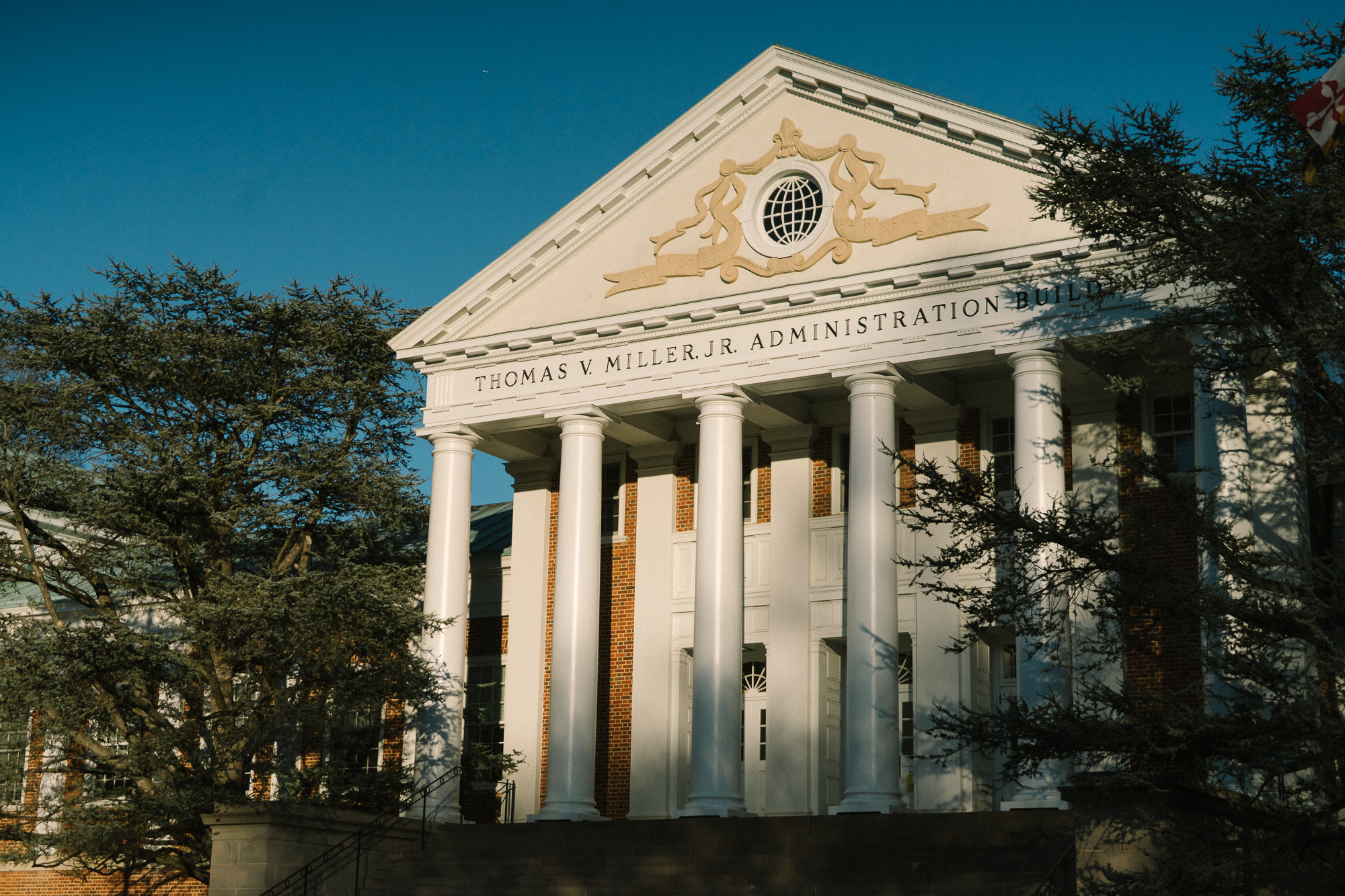The University of Maryland agreed to pay a $500,000 settlement to the United States Department of Justice to resolve allegations that researchers failed to disclose support from two Chinese companies when applying for federal grants.
The payment — approved by the Maryland Board of Public Works on July 3 — will fund the resolution of an investigation by federal agencies that alleged this university violated the False Claims Act. The federal act establishes that anyone who submits false records or claims to the government is liable for potential damages, according to the Department of Justice.
The multiyear investigation alleged the university did not disclose foreign support when three researchers received five grants from the National Science Foundation and the Department of the Army between 2015 and 2020, according to a Maryland U.S. Attorney’s Office news release. The agencies require grant applicants to disclose all pending and current support received by the institution.
“Complete and accurate disclosures are essential to federal agencies that make decisions on awarding federal grants,” U.S. attorney for the District of Maryland Erek Barron said in the news release. “Those individuals and universities that knowingly fail to do so skew the grant awarding process in their favor and will be held accountable.”
[UMD reaches $140,000 settlement with former professor in religious discrimination case]
The investigation alleged the university failed to disclose financial support from Huawei Technologies and Taobao — both companies under government watch in the U.S during growing national security concerns.
The U.S. blacklisted Huawei Technologies, China’s leading tech company, over spying concerns in 2019. Taobao, a large ecommerce platform, is placed on the nation’s 2023 notorious markets list — which highlights markets reportedly engaged in trademark counterfeiting or copyright piracy.
“The University of Maryland’s decision to settle these accusations is not an admission of wrongdoing by the university or its faculty or staff,” vice president of research Gregory Ball said in an email statement to The Diamondback.
The university’s investigation and another independent investigation determined the nondisclosures stemmed from “good faith interpretations of agency disclosure guidance or unintentional clerical errors,” according to the statement.
The university is committed to meeting the “highest standards of integrity in all research endeavors” and is continually adding to an “already robust system of policies and training” to manage all conflicts of interest, including foreign ones, the statement said.



